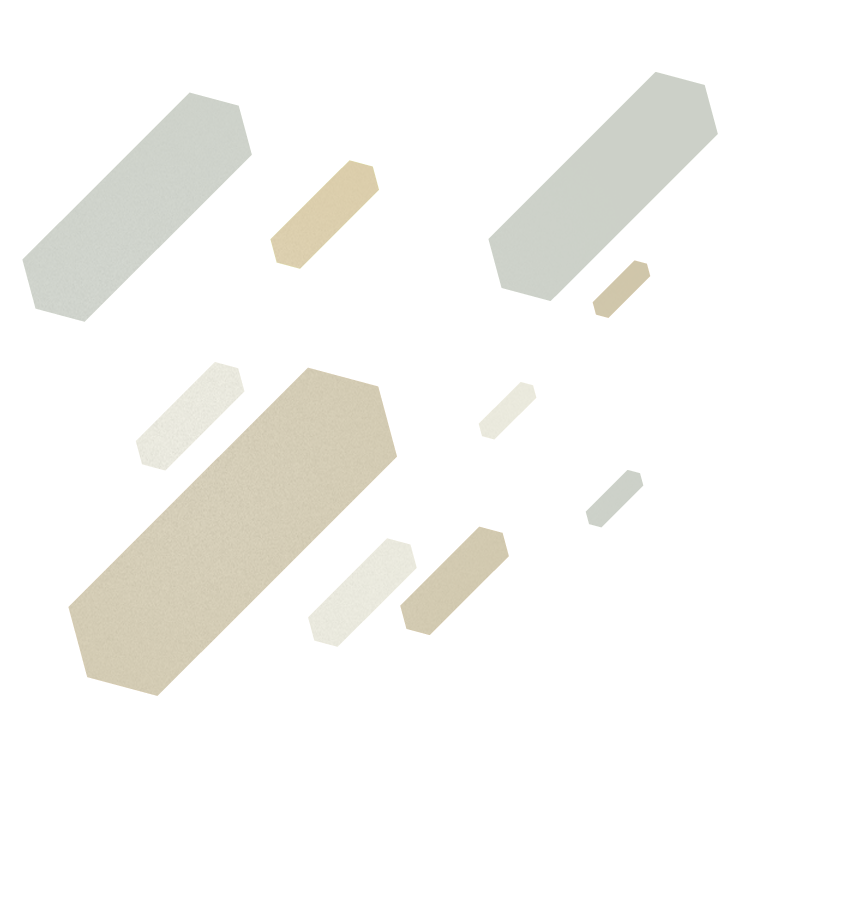


(Noon Witch)
Polednice is a female demonic ghost that appears on the stroke of noon.
The poem Polednice was written by leading Czech romantic poet, Karel Jaromír Erben. He was born into a family of nine children, but only he and one of his sisters survived childhood diseases. Consequently, death (often of children) is ubiquitous in his ballades. His works depict the life in nineteenth-century villages where people lived in a mixture of Christian faith, older myths, folklore and superstitions.
I am very attracted by Erben’s ballades, especially by the theme of passing from the real to the supernatural world and back to reality.
This moving between planes inspires me greatly.
The poem Polednice can be resumed thus:
A mother cooks lunch; her child cries and is really naughty. The mother becomes increasingly angry and shouts at the child. It does not get quiet, so in order to scare the child, the mother pretends she is calling the Noon Witch to take it away. But the Polednice makes an actual appearance. In horrifying images, the poem describes how the Polednice arrives at the stroke of noon and approaches the child. In my understanding, the stroke of noon and the noise of the door being opened (the father comes back for lunch) make the mother experience an illusion of the Polednice. Hypnotised, the mother grabs her child and faints. The father finds his wife unconscious with the dead child in her arms.
Five years ago I heard the tone poem Polednice by Antonín Dvořák for the first time in a very long time. I immediately started to think about my own version.
Writing the score, I realised that I had a deeper relation with the Polednice. When I was a small child, my mother would scare me with tales of horrible creatures, in order to teach me not to open the door to strangers or not to play with the airshaft window. For many years, I would see in my dreams the yellow female demon that my mother invented. When my mother felt anxious about me, she hugged me or held my hand so strongly that I felt pain.
I set the story of the poem to music in a hyper-realistic, theatrical way: strings imitate the female voice. I mix orchestral sound with real-life noises such as kitchen tools, toys, the door creaking, or the sound of breathing.
I am using all the verbal text in the first section of the work, when we are in reality. In the supernatural second part, I omit all the text and express the presence of the Polednice by sounds and noises, except for a few words exchanged by the mother and Polednice in direct speech. In the third part, back in reality, I again set every word to music. Everything happens on the stroke of noon. It means that the stroke of noon is stretched in time. At the end of the work, I freeze the word “bell” and use some words from the previous part of the text.
Ondřej Adámek
Karel Jaromír Erben
(from Kytice)
U lavice dítě stálo,
z plna hrdla křičelo.
„Bodejž jsi jen trochu málo,
ty cikáně, mlčelo!
Poledne v tom okamžení,
táta přijde z roboty:
a mně hasne u vaření
pro tebe, ty zlobo, ty!
Mlč! Hle husar a kočárek -
hrej si! - tu máš kohouta!"
Než kohout, vůz i husárek
bouch, bác! letí do kouta.
A zas do hrozného křiku -
„I bodejž tě sršeň sám - !
Že na tebe, nezvedníku,
Polednici zavolám!
Pojď si proň, ty Polednice,
pojď, vem si ho, zlostníka!" -
A hle, tu kdos u světnice
dvéře zlehka odmyká.
Malá, hnědá, tváři divé
pod plachetkou osoba;
o berličce, hnáty křivé,
hlas - vichřice podoba!
„Dej sem dítě!" - „Kriste Pane,
odpusť hříchy hříšnici!"
Divže smrt ji neovane,
ejhle tuť - Polednici!
Ke stolu se plíží tiše
Polednice jako stín:
matka hrůzou sotva dýše,
dítě chopíc na svůj klín.
A vinouc je, zpět pohlíží -
běda, běda dítěti!
Polednice blíž se plíží,
blíž - a již je vzápětí.
Již vztahuje po něm ruku -
matka tisknouc ramena:
„Pro Kristovu drahou muku!"
klesá smyslů zbavena.
Tu slyš: jedna - druhá - třetí -
poledne zvon udeří;
klika svakla, dvéře letí -
táta vchází do dveří.
Ve mdlobách tu matka leží,
k ňadrám dítě přimknuté;
matku vzkřísil ještě stěží,
avšak dítě - zalknuté.




